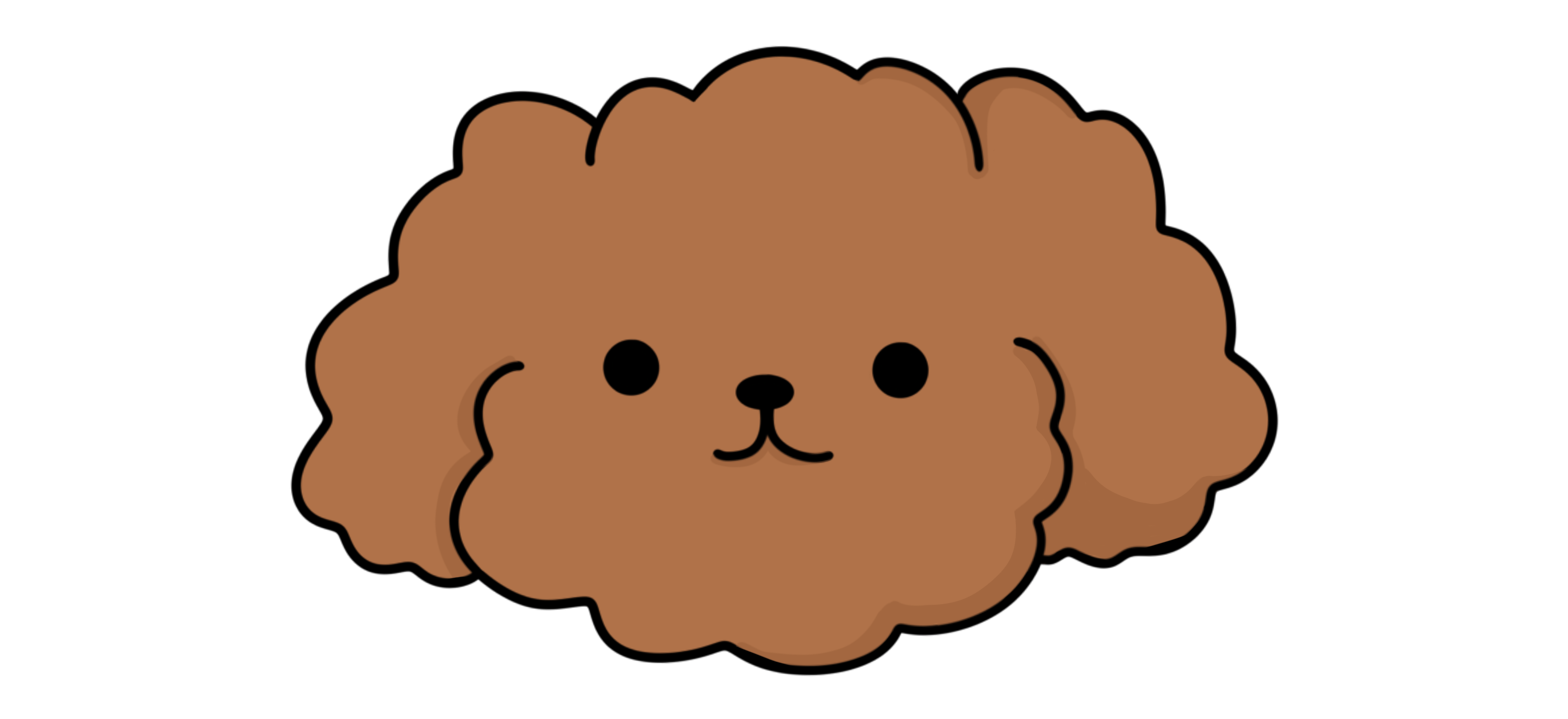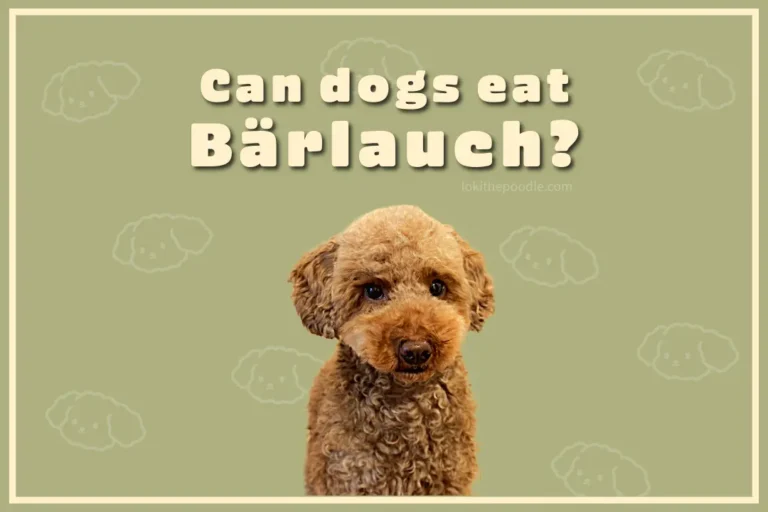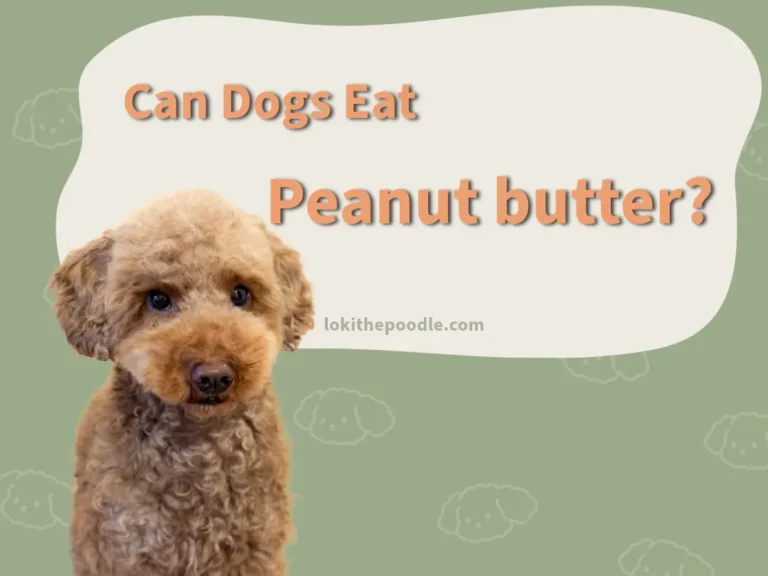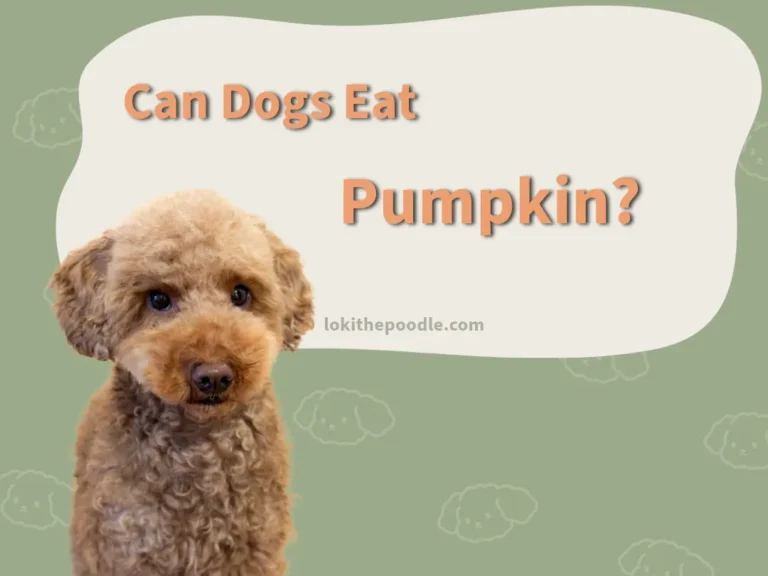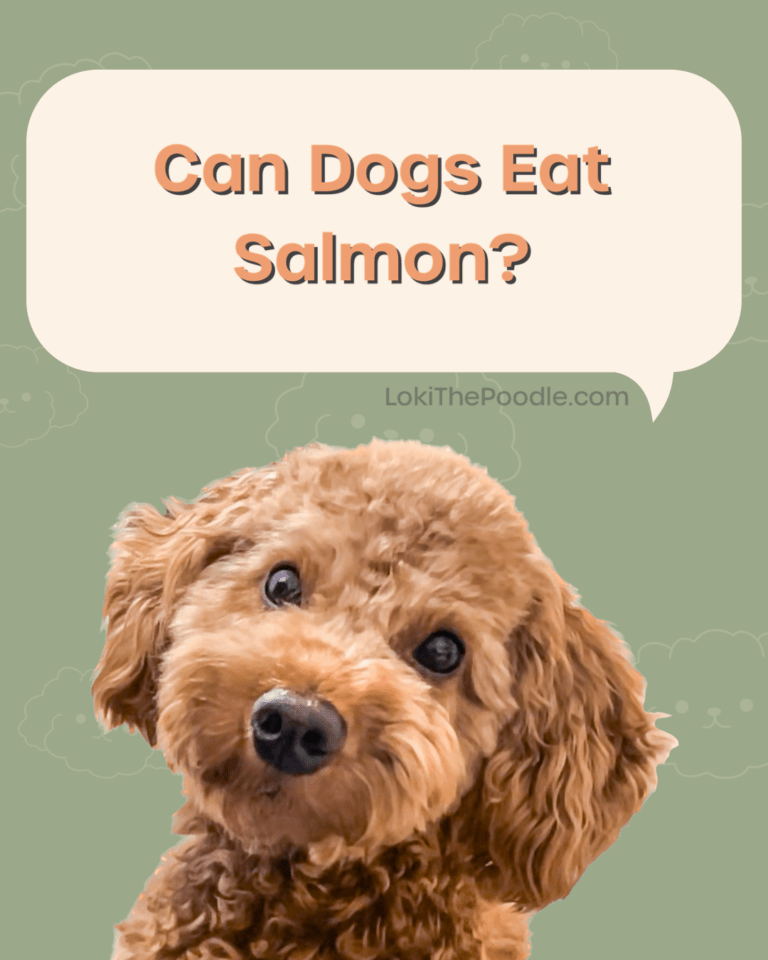Dog Nose Licking: 5 unexpected Reasons Why Your Dog Keeps Licking Their Nose
Have you ever caught your dog giving their nose a quick lick and wondered what’s going on? That little pink tongue darting out to moisten that adorable snout isn’t just random behavior—it can actually tell you quite a bit about what your dog is experiencing! As someone who’s spent countless hours observing this behavior in my miniature poodle Loki, I’ve learned that nose licking can be an important window into a dog’s inner world.
When we first brought Loki home as a 13-week-old puppy with bright red fur and curious brown eyes, we had no idea how much we’d learn about dog nose licking and other subtle communication signals. Today, I’m sharing our experiences with Loki’s nose licking habits and what these dog nose licking behaviors might mean for your pet too.
The 5 Surprising Reasons Behind Dog Nose Licking
Dog nose licking isn’t just a random behavior. Based on my experience with Loki and research I’ve done while trying to understand his quirky behaviors, here are the 5 most surprising reasons for dog nose licking you might observe in your own pet:
1. Food Anticipation: The Hidden Connection Between Smell and Taste
One of Loki’s most predictable nose-licking moments comes when treats are involved. The minute a treat appears in my hand, there’s an immediate reaction—his eyes lock onto the treat, and his little tongue starts flicking over his nose in anticipation. This isn’t just cute; it’s actually a natural physiological response.
Dogs’ noses and taste are closely connected (much more so than in humans). When Loki smells something delicious—like when we’re cooking steak for dinner—the nose licking intensifies. It’s as if his brain is processing the delightful aroma and his body is preparing for the possibility of tasting that wonderful thing his nose is detecting. The nose licking helps spread the scent particles across special sensory organs in his mouth and nose, giving him a more complete “picture” of what he’s smelling.
2. Early Stress Indicator: The Surprising Warning Sign Most Owners Miss
Perhaps the most important aspect of nose licking I’ve learned through raising Loki is its role as a stress indicator. For a dog described by trainers as a “Duracell bunny” and “circus dog” due to his boundless energy, Loki’s subtle signals can be easy to miss. But I’ve noticed a pattern: when we’re in busy city environments with crowds and noise, the nose licking becomes more frequent.
From what I’ve learned talking to our veterinarian and reading about dog behavior, this is common—nose licking often serves as an early warning sign of stress in dogs. It typically appears before more obvious stress behaviors emerge. With Loki, the progression is clear: first comes increased nose licking, then if the stressful situation continues, he becomes restless, starts whining, and eventually becomes completely unresponsive even to treats.
From my observations, the frequency of dog nose licking can also indicate when your pet is getting overwhelmed. I’ve found with Loki that understanding these subtle cues has made a tremendous difference in our ability to respond to his needs.
3. Sensory Maintenance: More Than Just Basic Grooming
Dogs rely on their sense of smell in ways we humans can barely comprehend. With over 300 million olfactory receptors (compared to our mere 6 million), their noses are sophisticated sensory instruments that need regular maintenance.
Loki, like all dogs, occasionally licks his nose simply to keep it moist and working properly. A wet nose helps capture scent particles more effectively, and the mucus on a dog’s nose actually traps scents, helping them process the complex olfactory information they’re constantly receiving. What looks like a simple lick to us is actually part of maintaining a sophisticated scent-processing system!
This maintenance aspect of dog nose licking is particularly fascinating because it’s directly tied to their evolutionary history as hunters and scavengers who relied on their sense of smell for survival.
4. Communication Signal: The Secret Language of Dogs
One surprising aspect of dog nose licking that many owners don’t realize is its role in subtle dog-to-dog and dog-to-human communication. In canine body language, nose licking can sometimes serve as an appeasement gesture.
I’ve noticed this when Loki meets larger dogs—sometimes his nose licking increases in what appears to be a calming signal, essentially saying “I’m not a threat.” This communication aspect of nose licking isn’t as obvious as a wagging tail or flattened ears, but it’s an important part of how dogs navigate social situations.
5. Health Indicator: The Unexpected Warning System
The most surprising function of dog nose licking I’ve discovered through our journey with Loki is how it can serve as an early warning system for health issues. While some nose licking is normal, changes in frequency or intensity can sometimes signal underlying problems.

When Dog Nose Licking Becomes Excessive: Signs to Watch For
While some nose licking is completely normal, there are situations where it might signal something that needs attention. Though Loki’s nose licking has always been within normal ranges (as confirmed by our numerous vet visits), here’s what to watch for:
Health Concerns: Beyond Normal Behavior
According to what I’ve learned from our frequent vet visits and my own research, excessive nose licking can sometimes indicate underlying health issues, particularly:
- Digestive problems: Dogs with nausea or digestive discomfort may lick their noses more frequently
- Allergies: Environmental or food allergies can cause irritation leading to increased licking
- Dental issues: Pain in the mouth can sometimes manifest as unusual licking behaviors
- Nasal irritation or infection: Problems with the nose itself can trigger increased licking
Given Loki’s history of digestive sensitivity (we’ve made 34 vet visits since getting him in June 2021, many for stomach issues), we’ve been particularly vigilant about monitoring any changes in his behaviors, including nose licking. Fortunately, our veterinarians have never identified his nose licking as problematic or connected to his other health challenges.
This health monitoring aspect of watching dog nose licking patterns is perhaps the most valuable lesson we’ve learned from our experience with Loki.
Compulsive Behaviors: When Licking Becomes a Habit
Sometimes, behaviors that start as responses to specific situations can develop into habits or compulsive behaviors. While this hasn’t been an issue for Loki, I’ve read that stress-related behaviors like nose licking can sometimes persist even when the original stressor is removed.
If you’re noticing excessive dog nose licking in your pet, it’s worth checking our helpful guide on Recognizing Anxiety in Dogs: Beyond the Obvious Signs for more insight into potential stress factors.
Managing Stress-Related Dog Nose Licking: Lessons from Loki
Through some real-life trial and error, we’ve figured out a few strategies that actually help Loki when his nose licking shows he’s getting stressed:
Recognizing Triggers and Thresholds
The first step to helping your dog is recognizing the pattern of when nose licking increases. For Loki, city environments with many people and unpredictable noises are definite triggers. Construction sounds, thunderstorms, and fireworks also trigger his anxiety and subsequent nose licking.
By identifying these situations, we can either avoid them when possible or prepare appropriate coping strategies.
Comfort Items: Loki’s Unusual Stress Relief
One fascinating discovery we’ve made is Loki’s preference for fabric-based comfort. While many dogs find relief in chewing toys when stressed, Loki has always gravitated toward soft fabrics. When we notice the telltale nose licking that signals his rising stress, we offer him his blanket or special mat to bite on.
This unusual preference has been consistent since puppyhood—conventional chew toys hold little interest for him, but having something soft to mouth seems to significantly reduce his anxiety. When we’re away from home, we make sure to bring a familiar fabric item that can serve this purpose.
Creating Space and Reducing Demands
Perhaps the most important lesson we’ve learned is to adjust our expectations when Loki shows signs of stress. When the nose licking begins and stress is evident, we:
- Try to remove him from overwhelming situations when possible
- Find a quieter space with fewer stimuli
- Stop making training demands (not the time to insist on perfect leash walking!)
- Allow him adequate recovery time afterward, with plenty of rest
We’ve learned that pushing through these situations only makes things worse. Dogs, like humans, have limited capacity to handle stress, and respecting those limits is crucial for their wellbeing.
Understanding Your Dog’s Unique Communication Style
Our research has shown that understanding dog nose licking patterns requires careful observation. The key is to notice when the dog nose licking behavior happens and what else is going on in that moment. Does your dog display more frequent nose licking when excited about food, like Loki? Or perhaps when meeting new dogs?
The Joy of Learning Your Dog’s Language
One of the most rewarding aspects of dog ownership is becoming fluent in your dog’s unique language. Three years into our journey with Loki, we’re still discovering new facets of his communication style, but understanding his nose licking behavior has given us valuable insights that have improved our relationship and his quality of life.
By paying attention to these subtle signals, we’re better able to meet his needs, manage his stress, and ensure he feels understood and supported—even when he can’t use words to tell us what he’s experiencing.
Whether your dog is licking their nose because they’re excited about dinner, stressed about that weird noise, or just keeping their sniffer in working order, picking up on these signals helps you understand what they need. And honestly, isn’t that what having a dog is all about?
When to Consult a Professional
While nose licking is generally normal behavior, consider consulting your veterinarian if you notice:
- Excessive, constant nose licking that seems unrelated to obvious triggers
- Nose licking accompanied by other concerning symptoms like changes in appetite, energy levels, or behavior
- Nasal discharge, bleeding, or visible irritation around the nose
- Sudden changes in nose licking frequency or intensity
Early intervention is always best when it comes to potential health concerns. Our experience with Loki’s various health challenges has taught us that being proactive about unusual behaviors ultimately leads to better outcomes.
Does your dog have a nose-licking habit that drives you crazy? Or maybe you’ve found some weird-but-works way to help them chill out when stressed? Drop your stories in the comments—I’d love to hear I’m not the only one obsessing over dog behaviors!
Want to learn more about canine body language? Check out our related articles:
Remember, learning to speak “dog” takes time, but trust me—the moment you realize you actually understand what they’re trying to tell you? Totally worth it.
